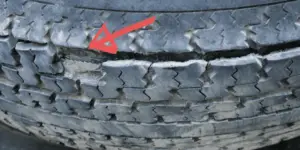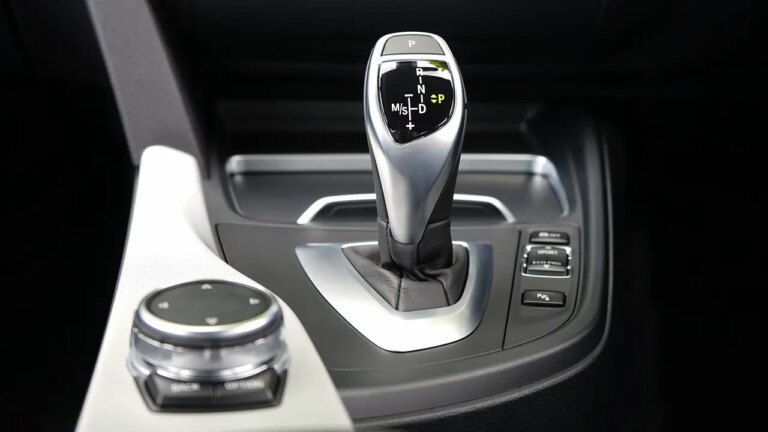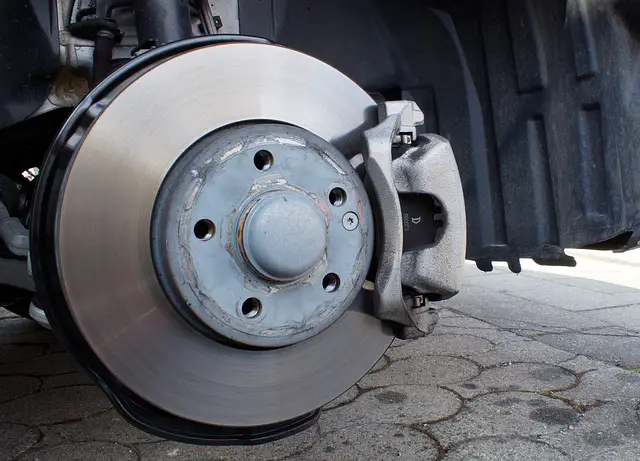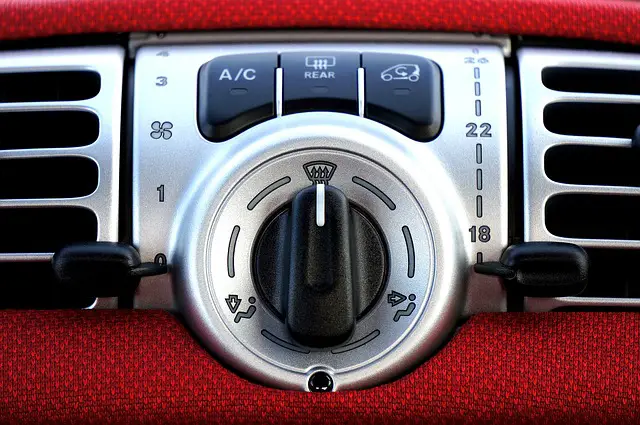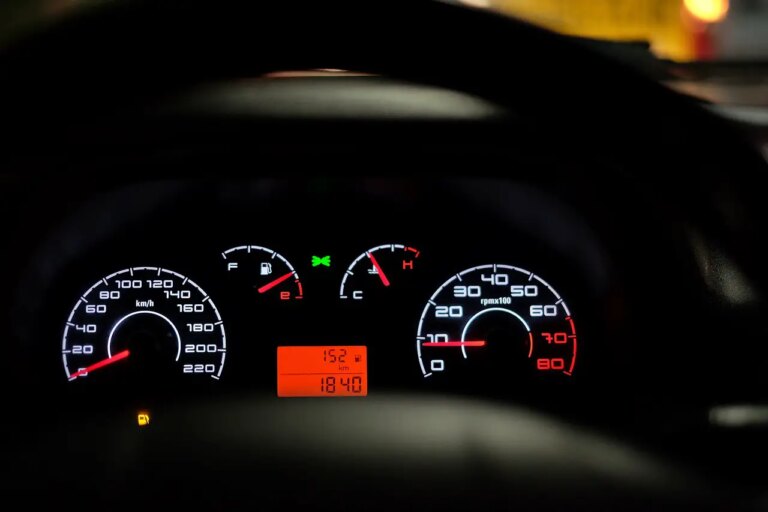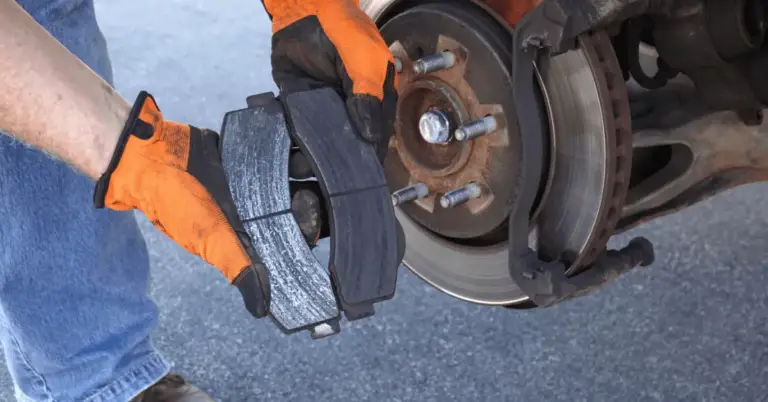Sometimes people worry that their new tires smell of burning rubber.
This article will explore whether the tires are actually burning or whether there are other faults present.
Generally, your tires are not burning. The smell is remnants of the tire making process in the factory. When tires are made, they go through a curing process by vulcanization. This involves very high temperatures and includes adding chemicals to the rubber compound.
Most of the smells are removed via chimneys in the factory, but some will remain on new tires. This manufacturing smell is often confused with a burning rubber smell. In any case, this burning-like smell will dissipate over the coming weeks.
Should your tires still smell after a couple of weeks, this points to a different issue and has nothing to do with the composition of your new tires but more to do with the strain they are being subjected to.
Tire Scuffing Smell
Are you sure you have the right size tires for your vehicle? I mentioned this because oversized tires on standard rims can catch against the wheel well when turning left or right.
When this happens, frictional heat will be generated on the tires; if that turn is maintained for a long time. The heat and rubber burning smell generally ease off once the steering wheel is straightened. A quick check of the external and external tire walls will tell you either way.
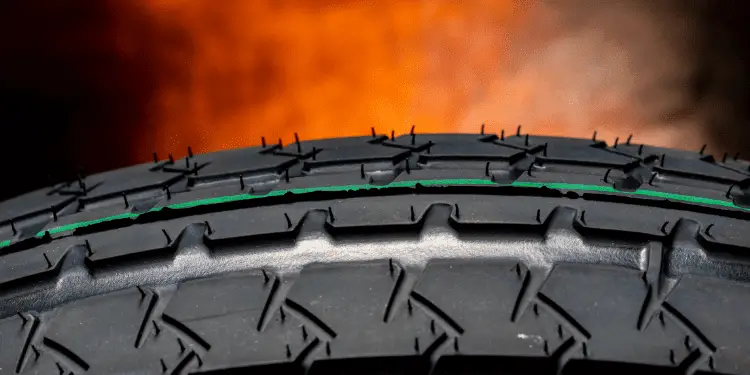
Low Tire Pressure
Sometimes in severely underinflated tires, the sidewall comes into contact with the road. The sidewall has no tread block, so it can heat up rapidly.
Inspecting the sidewall is easy. Look for rubbing across the whole circumference of the tire. It may be hot to the touch as well. You’ll need to put the correct pressure in your tire and inspect it as soon as possible.
Often a damaged sidewall will cause the tire to fail and be unroadworthy.
Overloaded Vehicle
Even if your tire pressures are adequate for your car, overloading a car can cause the tires to sink and the sidewall to contact the road. This is very similar to the tire pressure situation. Sidewalls will generate a lot of heat when they contact the pavement.
Many visitors also read this article: How Much Do Car Tires Weigh? [REASEARCHED and ANSWERED]
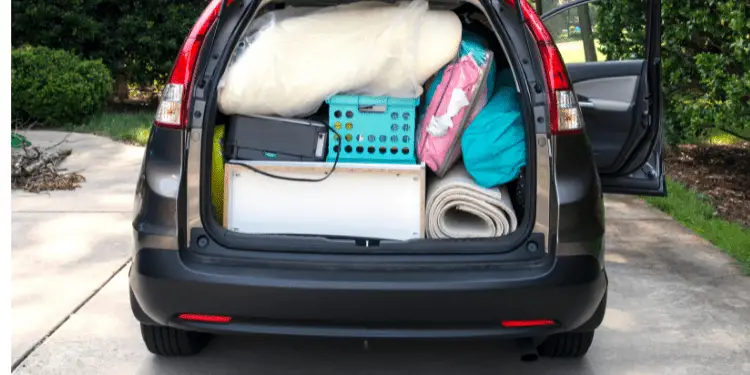
Other Non-Related Burning Rubber Smell Causes
Brake Issues
If the burning smell isn’t tire-related, the next likely cause is a brake issue. As wheels are removed when tires are changed, and the brakes are close by, a caliper or pad may have been knocked and misaligned slightly.
A more likely cause of the burning smell is if brake fluid leaks onto the rotors.
But you would have noticed if this is the case,e as your brakes wouldn’t feel spongy and be less responsive.
You may also notice a brake fluid leak close to the affected tire.
Some organic brake pads are rubber or silica, and a glue-like resin binds them. This petroleum-based resin can give off a burning rubber smell when heated beyond its limits.
Belt or Hose Issues
Most modern cars have one rubber belt that powers other components from the engine crankshaft.
As this belt snakes through the engine, it can, if loose, rub against other hot parts of the engine and cause a burning smell
Other signs the belt is not running smoothly are electrical components not working correctly, such as air conditioning or the alternator not charging the battery.
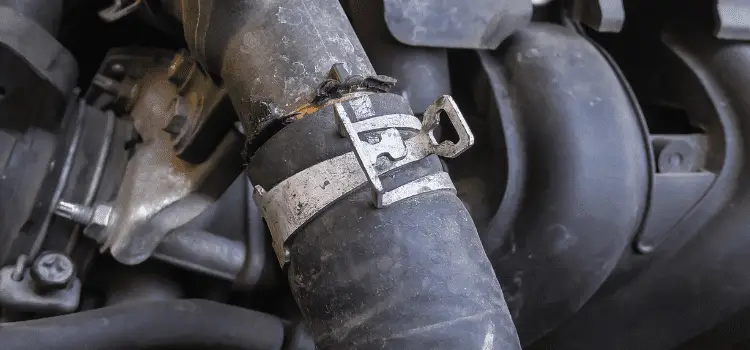
If the burning rubber smell has only been present since you had your tires fitted, this is an unlikely cause.
A rubber coolant hose also runs from the engine to the radiator. It can catch fire and smoke if it is in contact with the engine.
These potential belt and hose faults are easily checked by popping the hood and conducting a visual inspection.
Electrical Faults
Hundreds of meters of electrical wires and associated plastic insulation snake through your car’s interior. If the wiring rubs against the car’s metal body, it can result in a short.
Plastic and rubber burning are similar smells, as rubber and plastic are made from petroleum and oil.
One way of checking for this is to look in your fuse box to see if any fuses have blown. Sometimes a scorched area around the affected fuse will be quite clear. Other times you might have to pull individual fuses to check them.
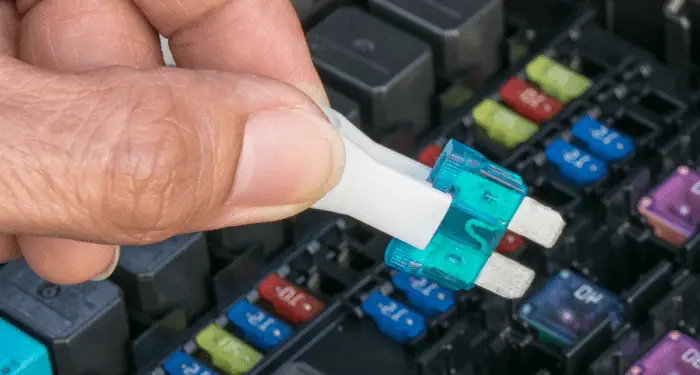
Another potential cause is a motor that is either jammed on or not performing correctly.
Your car has many motors powered by the battery and the alternator, including windshield wipers, washers, electric windows, sunroof, seat adjustments, mirror adjustments, fuel pumps, and even your ventilation and air conditioning systems.
It can be difficult to track down the cause of the smell if it is a motor unless you are getting other symptoms to help narrow it down.
Oil Leak
You won’t always be aware of an oil leak.
Sometimes the excess oil will find its way to the bottom of the engine and then onto the pavement or your drive but not always.
If the leak is minor and from the top of the engine, it can pool in areas and get extremely hot. Sometimes oil will fall onto the exhaust manifold too.
Burning oil can give off a similar smell to rubber as they are both sourced from petroleum products.
Manual Clutch Burning
If you have an automatic transmission vehicle, you can skip this section. But if you have a stick shift or manual vehicle, it may be that your clutch plates are slipping. The most common clutch friction plate material is organic compound resin. When slipping, the clutch plates can heat up rapidly, causing the resin to heat and smoke.
This can be quite an acrid smell, but it has been described as a rubber-burning-like smell. If you have eliminated other causes and are having problems changing gear or maintaining speed up hills, the clutch could be the culprit.
Foreign Object Left Under The Hood
This one is slightly out of the left field, but have you recently had a mechanic do some work under your hood?
All mechanics wear latex gloves now, and it’s been known for a discarded one to be left under the hood by mistake! If this happens, it can catch fire or at least start smoldering.
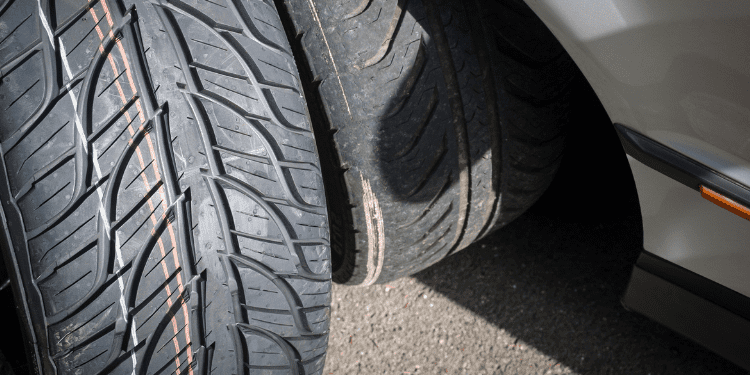
In Summary
A burning smell is unlikely to be a serious tire issue. The smell might be the remnants of the factory vulcanization process. Check to ensure that the tires are not scuffing against the side of the wheel well when turning.
If it persists for more than two weeks, check that you have not overloaded your car and that your tires are not underinflated.
If you have made sure that the burning smell is not tire-related, check brakes, belts, and hoses before moving onto electrical faults, oil leaks, clutch if your car is manual, stick shift, and a foreign object like a discarded glove under the hood.



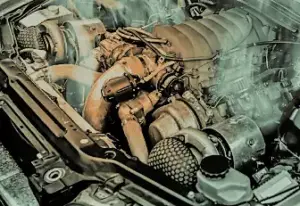
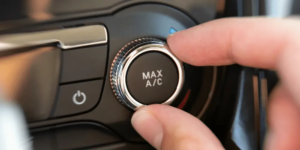
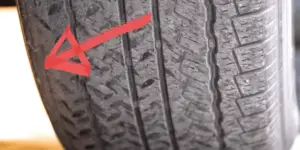
![How Dangerous Is A Broken Tire Belt? [ANSWERED] Radial-Tire-Showing-Belts-and-Ply](https://carzaza.com/wp-content/uploads/2024/02/Radial-Tire-Showing-Belts-and-Ply-300x220.png)
